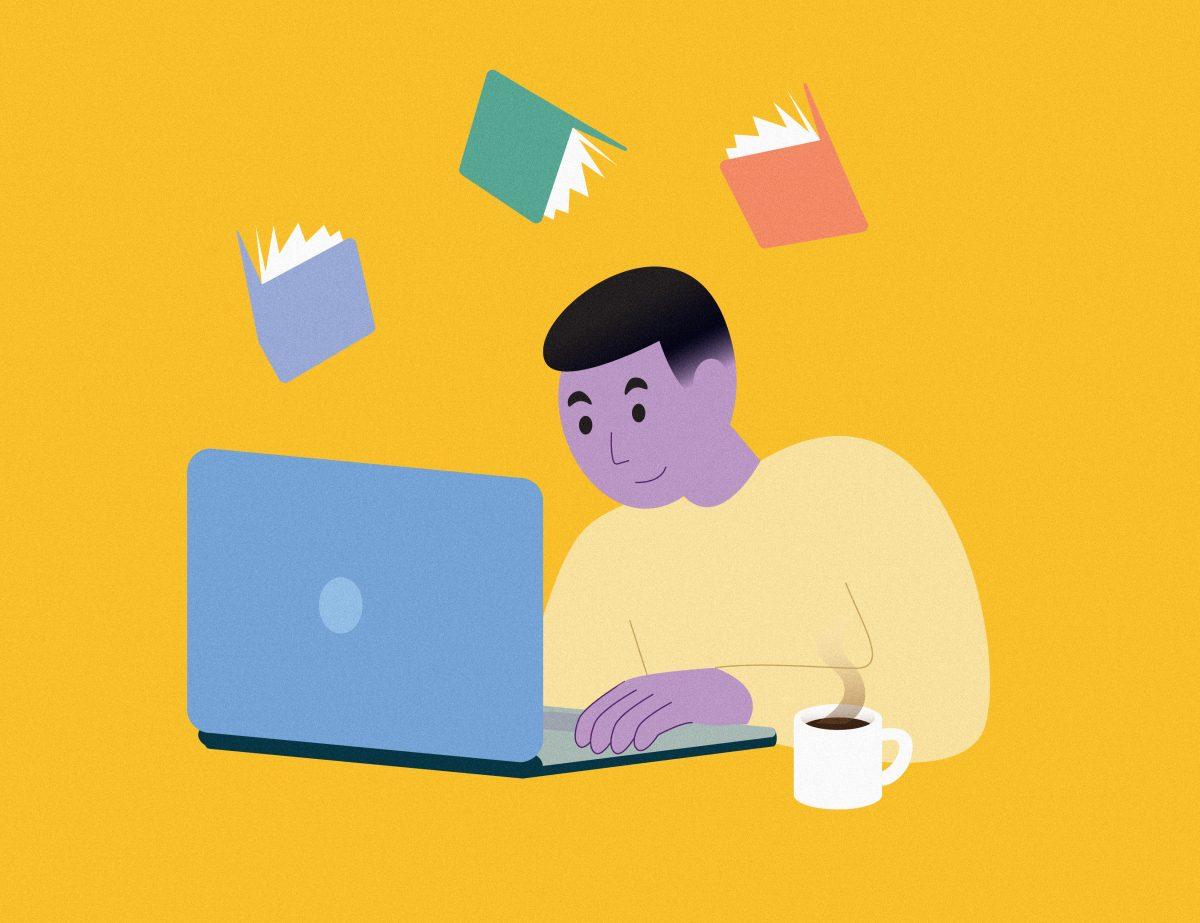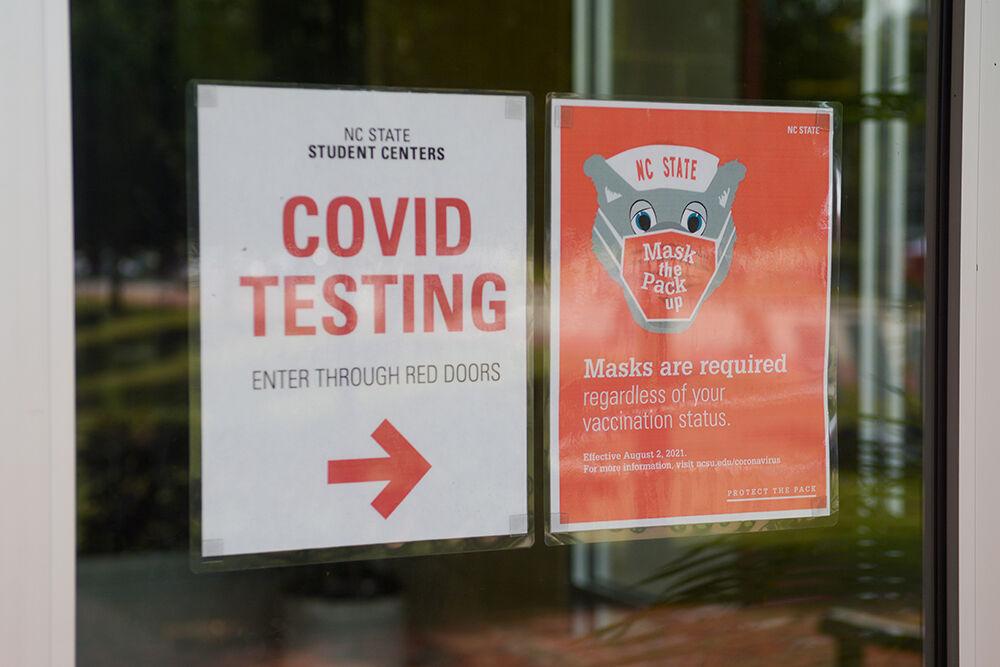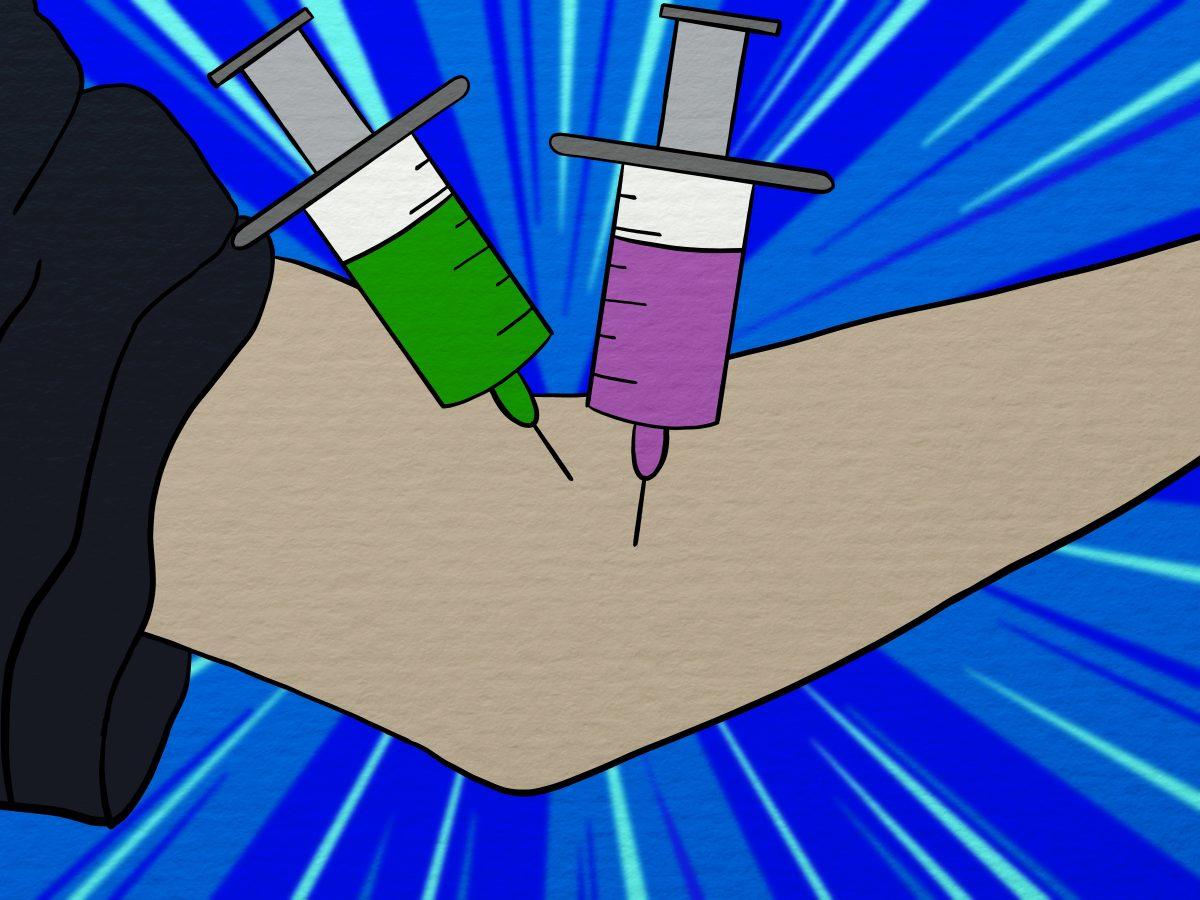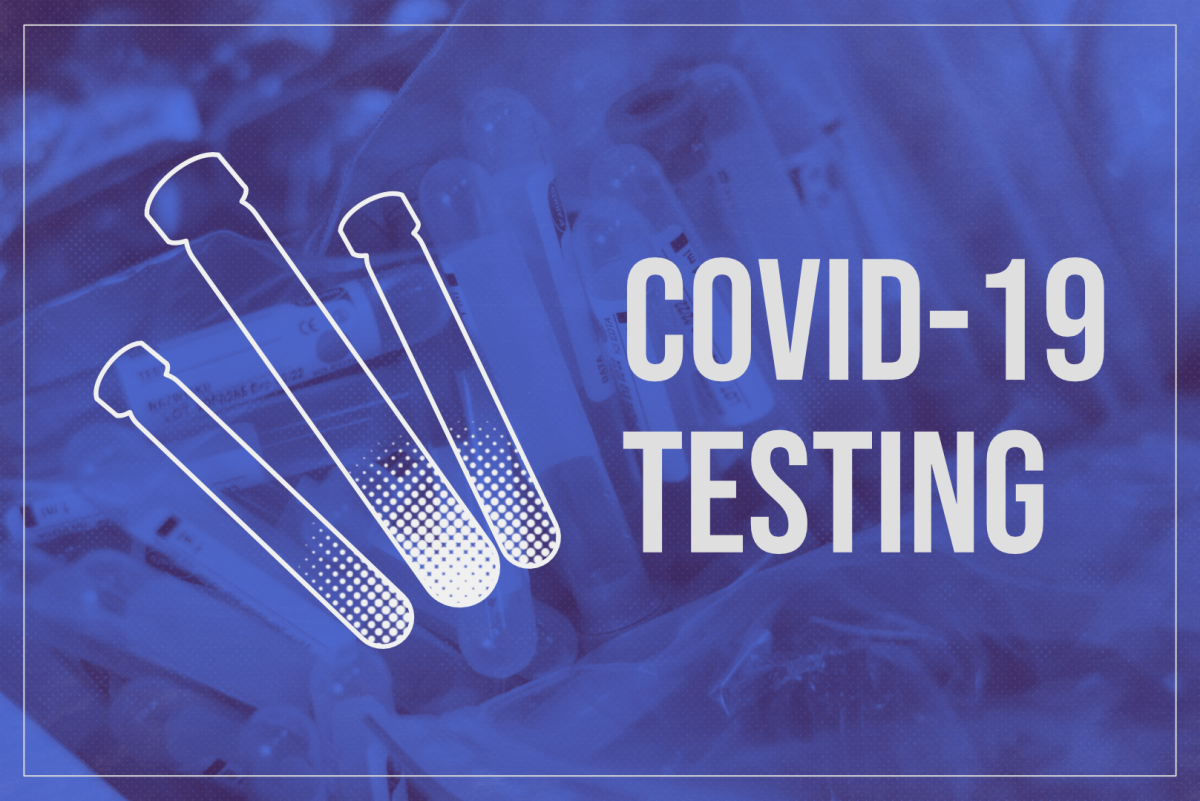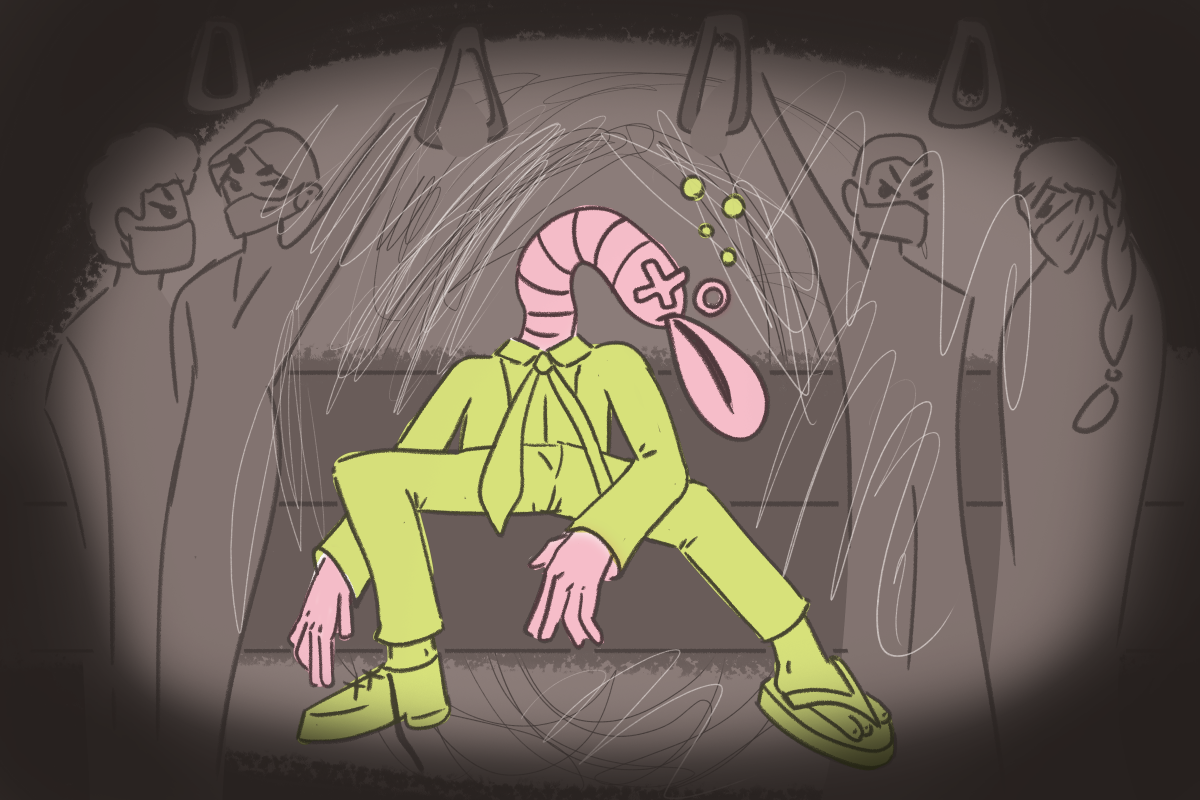In past semesters, the African American Cultural Center has been the hub of art, literature, and culture for Black students on campus. The space works to build community and provide resources for students to feel safe and seen on campus. This year, while COVID-19 has thwarted many campus organizations’ basic operations, the AACC has been able to maintain providing resources for students virtually.
Andie Batt, interim library technician for the AACC, said even though the AACC’s physical space in Witherspoon is temporarily closed, the AACC is still very much open and working to help students on a daily basis.
“From my perspective, we’ve been focusing more on providing virtual support, virtualizing acquisitions to make sure that we have e-books available for some of our more popular books,” Batt said.
She has also noticed students still seem interested in utilizing the resources available, stating she is still fulfilling online hold requests for students to pick up.
“People still want access to our physical collection,” Batt said. “It’s probably been sustained because of the fact that our collection is so unique and not really represented anywhere else on campus, so it is a need that students still have.”
The AACC library’s collection supports Africana studies, women’s and gender studies and interdisciplinary studies courses.
Along with offering library resources, the AACC is still hosting regular events, such as What’s On The Table. During an in-person semester, the weekly discussion session would be held in the AACC. Currently, students can sign up for a virtual What’s On The Table discussion over Zoom.
At What’s On The Table, students are encouraged to discuss a variety of relevant topics, such as the Breonna Taylor verdict, in an open forum format.
“There’s a good amount of response there,” Batt said. “People show up on Zoom and participate in the conversation the same way they would in real life.”
The AACC is also offering virtual drop-in hours for counseling. Counselors host drop-in hours Tuesdays from 10 a.m. to 12 p.m. More information about drop-in counseling and other virtual events can be found through the AACC newsletter.
Additionally, The AACC library started its own newsletter and started hosting the AACC book club. The fall semester book club has already reached its cap of 20 participants. The book for the fall 2020 semester is “Brown Girl in the Ring.”
Aminat Bashorun, temporary programming coordinator for AACC, said operations have remained relatively unchanged, despite the closure of the physical center.
“The overall content, feel and atmosphere we are trying to create has been the same,” Bashorun said.
Bashorun said she deems the What’s On The Table program as an important element of the AACC’s new virtual setting, and said she is confident about the resources the AACC is currently offering.
“The shift from physical to online has been a very humbling and a very positive experience,” Bashorun said. “It comes with its own challenges, but we were able to make it work. A lot of the programs we have at the AACC are centered around providing a space for students to come and just to discuss and learn about African American and African diaspora cultures and to kind of learn about themselves and reaffirm their own Blackness, and we’ve been able to take that message and convert it to a more virtual landscape.”
She also said facilitated group conversations with an AACC staff member or a counselor are important elements of the AACC. The groups currently being offered virtually include the women’s support group and The Shop, which is a group for men of color.
“The spaces of support are still there, though they are being utilized a lot less,” Bashorun said. “That makes perfect sense because everyone is trying to adapt to this new situation, both staff and students alike.”
Bashorun said the AACC is taking initiative to provide resources for students during the election.
“The AACC is a nonpartisan place of course,” Bashorun said. “It’s a place to offer support for students. In terms of offering support for students during elections, our job is to give students the resources they need to educate themselves on how to vote, where to vote and the different avenues they have available to them to vote and participate in elections politically, if they choose to.”
She emphasized the nonpartisan mission of the AACC.
“People come to the AACC with their own perspectives and opinions and experiences,” Bashorun said. “Our job is not to judge that. Our job is to take that and try to offer them support in any way that we can in a very nonpartisan way.”


